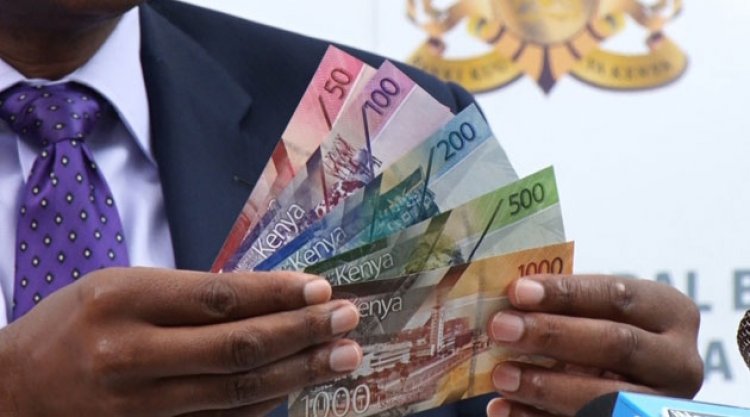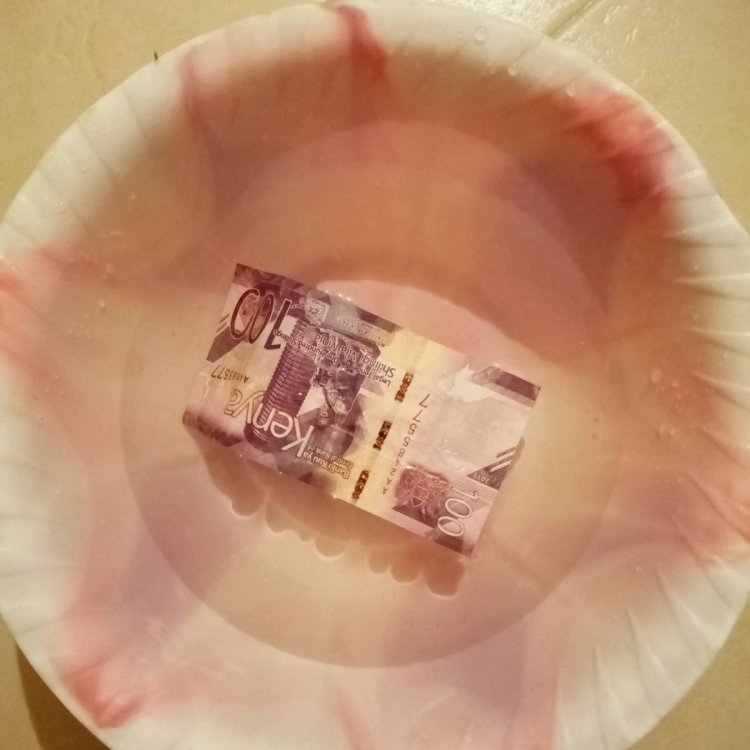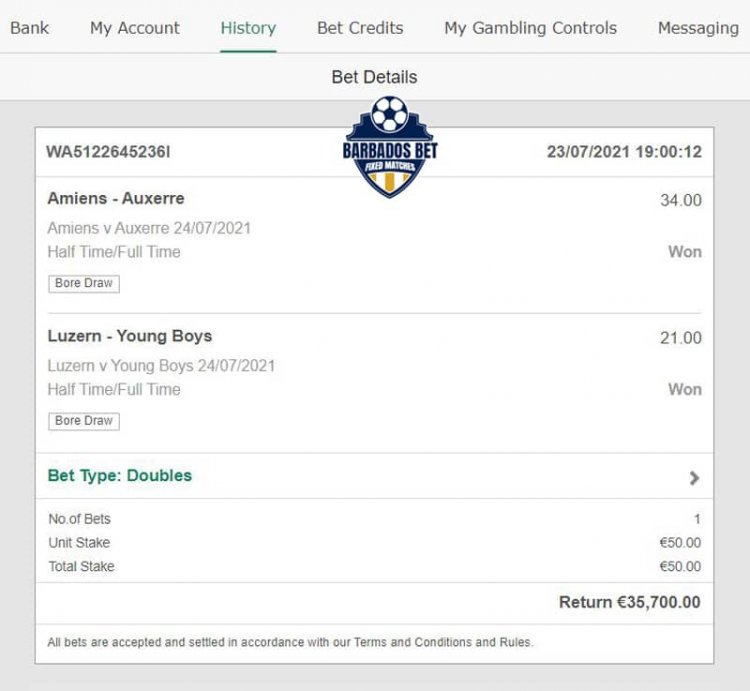Wash! Wash! What it really is?
Living in the city must be one of the hardest things. You have to be aware of pickpocketers, scammers, violent robbers, drink spiking, and all sort of fraudsters. The most recent form of fraud is the so called wash wash business. The million dollar question is, what it really is? how can you smell a rat in a deal? It can all be summed in one sentence- "When the deal is too good, think twice".

For a couple of months, the term “Wash Wash” has dominated Kenyan social media. A couple of prominent personalities in the country have been alleged to be the kings of the controversial scheme yet, very few people understand what it really is. Our thirst for quick money is never quenched, we either become victims or perpetrators of the crime. It is a perfect definition of a man-eat-man society.
It is apparent that, the most of the victims are so innocent that by the time they realize they have been conned it is too late. The trend is active within the three cities- Nairobi, Kisumu and Mombasa. Several warning have been issued through the media yet, Kenyans will always fall victim to the scam.
It has been established that, some fraudsters are so cunning that they establish a friendship and even romantic relationship and by the time one falls into the snare, you never know what hit you.
The wash wash business has gone way beyond dealing with fake money. The wash wash business can be subdivided into four sub-groups: Fake money, fake gold, fixed matches and fake tenders.

1. Fake Money
This is the most common form of scam known since it has been for over a decade. A victim is introduced into “money cleaning deals”, with a promise of earning up to ten times the invested money. Essentially, the prey meets a guy who knows a guy. The first guy has the information but lacks the financial means to invest. The victim is lured to purchasing both the “Money Material” and the cleaning chemicals which may cost between KSh10,000 to KSh20,000 for material worth KSh100,000. The deal looks genuine with few genuine notes stacked on the top which are used to clear any doubts the victim could have. The money man pushes the new client to make it quick since it is an illegal business and he is supposed to be on the run. Once the victim bites the bait, a demonstration is done on how to clean the money. The fear of missing out on a chance to make a kill drives some people crazy. Some go to the extend of borrowing, spending their saving and even selling properties. Soon or later, they realize it was a scan yet, it is too late to trace Mr. Money Man.

credit: Sam Munyaka
2. Fixed Matches
For gamblers, it really feels bad loose a bet streak when Real Valladolid or Huesca FC decide to humiliate Barcelona 3-0 at Camp Nou. What could have possibly gone wrong? Match fixing! Match fixing! Someone will show up on you DM with a slip containing as two to three games with a cumulative value of 300-400. The fixed matches are sold for about KSh10k then, the teams to bet on are provided. Placing a bet worth 1k would make a whooping return of 300k-400k. A killer investment isn’t? You must be driving your own care in a weeks time, right? Just be patient and wait until the first game is over.

3. Fake Gold
The jungle knows no king nor peasant. The mighty and low have fallen victim to Gold Wash Wash. This is scam on an extreme level which targets goes to the international stage. In May 2019, a senior politician in Kenya was involved in defrauding Ali Zandi, a nephew to Mohammed bin Rashid alMaktoum the Dubai ruler. It was alleged that, the Dubai royal family had lost over KSh453 million to fake gold traders in Kenya. The sellers lure their victims by providing a small sample of pure gold and pictures of the available merchandise. The business is conducted online and the prospective buyer sends the money for the gold to be released. Most of the transactions are wired, leaving no trace of the transaction. In most cases, the sellers provide gold-coated metal bars in exchange and the transaction is complete.

credit: Hubbis.com
4. Fake tenders
In most cases, fake tender scams are conducted by individuals within the government or at least people with connections to the various procurement departments in the government. Tenderpreneurs are tricked into bribing the “official” in order to receive the tender. A person may end up borrowing and ordering items that may never be delivered. A tender worth millions can be issued and the officer may keep on postponing the delivery time until you finally realize the tender you were issued with was a scam.


























